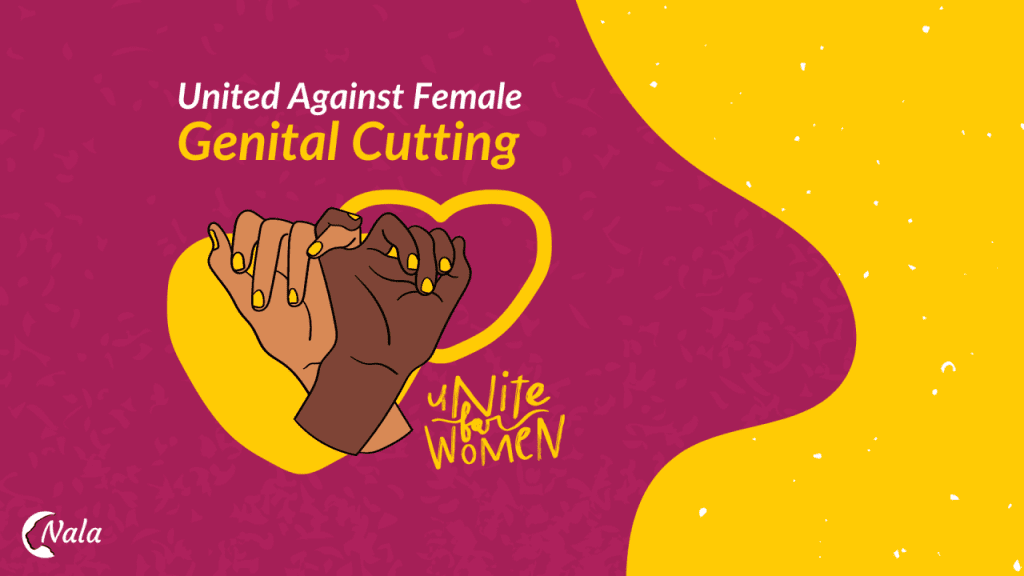
Aya Chebbi is a multi award-winning Pan-African feminist. She served as the first ever African Union Special Envoy on Youth and the youngest diplomat at the African Union Commission Chairperson’s Cabinet.
Over the span of the past decade, she has single-handedly transformed the youth participation space across Africa and created various online and offline platforms with a holistic focus on youth and women leadership.
She is Founder and Chair of the Nala Feminist Collective, a pan-African group of 17 powerful young women, and CEO of Afresist, a think tank documenting youth work in Africa. She received the 2019 Gates Foundation Campaign Award and was named in Forbes’ Africa’s 50 Most Powerful Women.
GPI asked her about the challenges of young people and young women in particular and what she expects from world leaders in light of the Generation Equality Forum.
With an average age of 19, Africa is the youngest continent. What are the topics most important to young people and which general challenges do they face?
Jobs and food security are top priorities of young people in Africa. For young women in particular, and due to the Covid-Pandemic, the closure of informal markets and restricted mobility increased young women’s socio-economic vulnerability. Young people are often left out of the conversation when it comes to inclusion in economic models post-crises. What is of importance is inclusion at all levels of decision making.
Economic justice coupled with intergenerational co-leadership can ensure enabling environments. The first one is a call for equal pay and equal remuneration under equal conditions, while the latter is against tokenization of youth—a seat at the table of decision making with equal rights of participation in policy making for reform to happen.
As the first African Union Youth Envoy you have advocated for these demands. Why is it so important to include young women in decision making?
26 years ago since the Beijing declaration, there has been some progress undeniably but the demands of African young women are still not met. As young women, we are still fighting for our rights— which our grandmothers before us have fought for, such as calling for the end of female genital mutilations, or gender inequality in women’s political participation and involvement in decision-making processes.
You recently joined the Nala Collective, a pan-African group of young women with a mission to foster, enable and mobilize young women from Africa and Diaspora. What developments would you like to see to empower young women?
The Nala Feminist Collective which I chair brings together 17 powerful African feminists who are advocating for the implementation for the Africa Young Women Beijing+25 Manifesto, which is a political feminist document that presents 10 demands: Economic Justice, the Criminalisation of Gender-Based Violence, Digital Justice, Ending Gender Discrimination, Access to Justice & Protection Demand, Sexual and Reproductive Health Rights, Mental Health & Wellbeing, Inclusive and Equitable Education, Silencing The Guns and Intergenerational Co-Leadership.
The challenges which young women face on the continent are intersectional and the demands of the Manifesto tackle these. We cannot wait for another 108 years before reaching gender equality on the African continent. The policies and outcomes from Generation Equality cannot move forward without Africa. As young African women, we demand and not recommend. It is high time to take action; we cannot wait and our voices cannot be put at the margin of decision-making.
The Generation Equality Forum is coming up this week. What is your key message to strengthen intergenerational engagement and enhance gender equality?
Generation Equality leaders must listen and must act now. They need to move from promises to progress, walk the talk. We no longer want youth to be invited to closing ceremonies but to be co-creators of the policies that shape their lives. Generation Equality leaders need to translate their claims and speeches about demographic dividend and gender equality into political will. Generation Equality cannot afford to move forward without Africa.
On occasion of the GEF the Nala Collective calls for support of the The Africa Young Women Beijing+25 Manifesto which presents the collective hopes and aspirations of young women in Africa. Lend your voice to thousands of young African women and sign the manifesto here.
SOURCE: https://globalperspectives.org/en/blog/2021/06/29/aya-chebbi-we-no-longer-want-youth-to-be-invited-to-closing-ceremonies-but-to-be-co-creators-of-the-policies-that-shape-their-lives/



